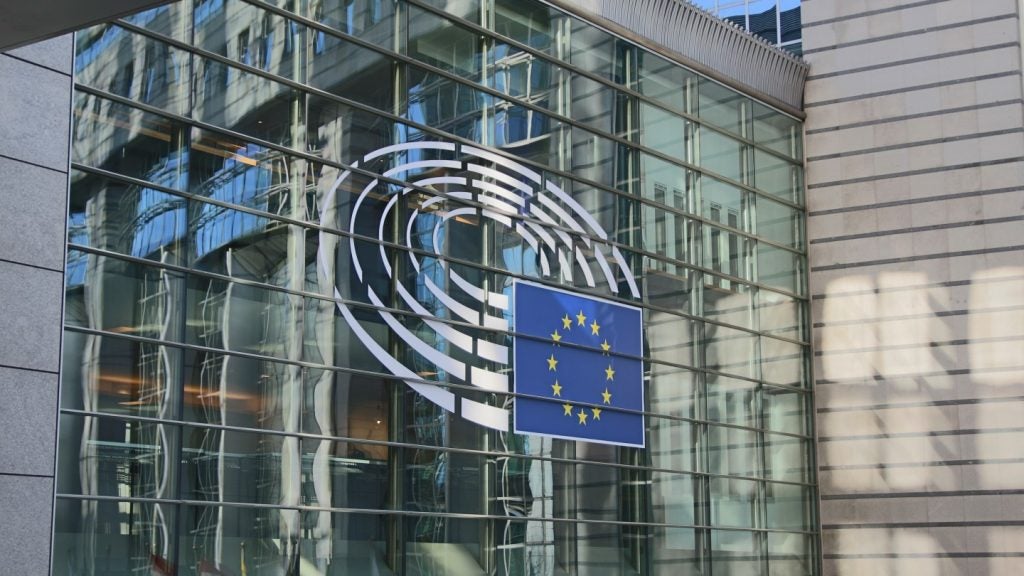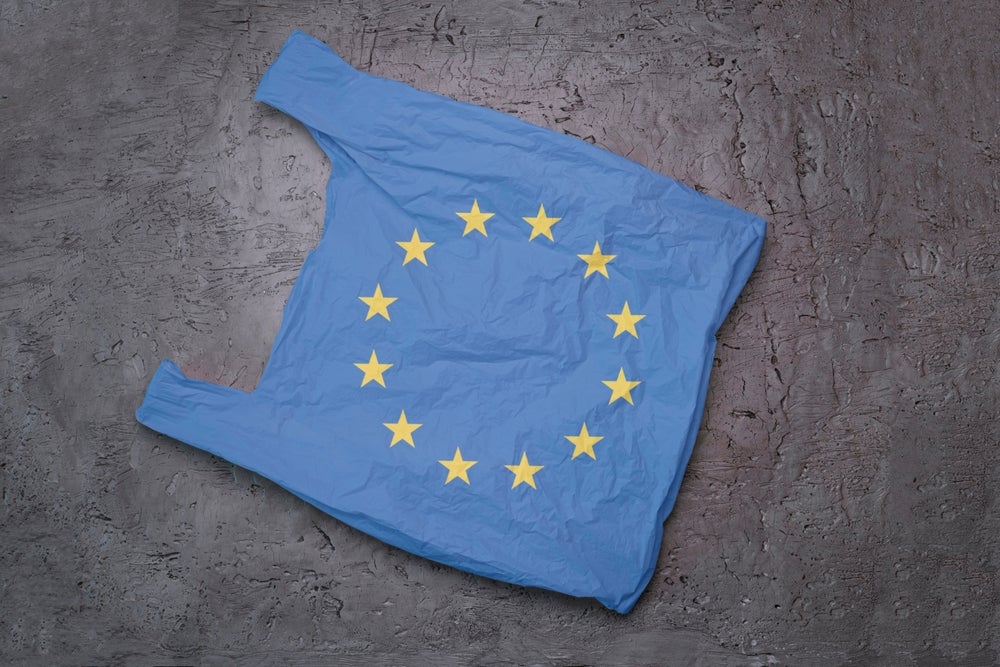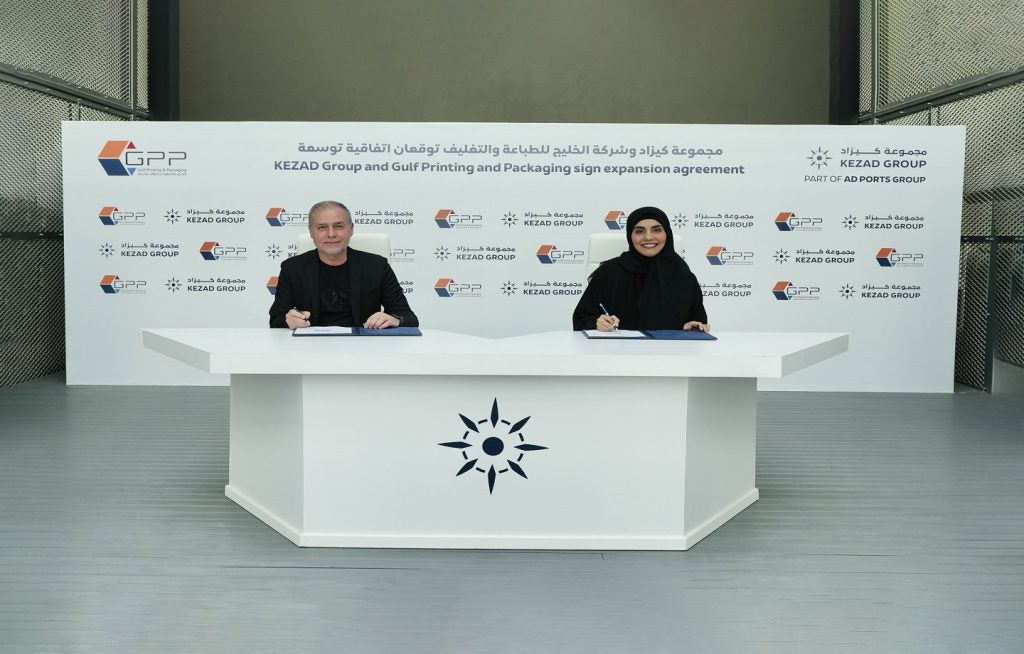The European Parliament’s Committee on Environment, Public Health and Food Safety (ENVI) has provided its stance on adopting the previously proposed packaging and packaging waste regulation (PPWR).
The proposal aims to minimise unnecessary packaging waste by reducing the use of plastic in packaging, promoting the use of recycled content, and ensuring that packaging is easier to recycle and reuse.
On 24 October, Members of the European Parliament (MEPs) in its Environment Committee gathered to adopt their official position on the proposed PPWR.
A total of 56 MEPs voted in favour of the legislation, with 23 against and five abstentions, for establishing specific requirements for packaging throughout its life cycle, starting from raw materials until its final disposal.
The in-favour MEPs further intend to impose a ban on the sale of 'lightweight' plastic carrier bags, classified as less than 15 microns in measured thickness.
Exceptions can be given for these bags in the case of hygiene requirements or if they are to be used as primary packaging for loose food to reduce food wastage.
The 56 MEPs also want to set actionable plastic packaging waste reduction targets - 10% by 2030, 15% by 2035, and 20% by 2040.
In addition, MEPs have proposed to establish specific requirements for packaging that can be reused/refilled and to ban intentionally added per- and polyfluorinated alkyl substances and bisphenol A in packaging that has direct contact with food.
European Parliament ENVI rapporteur Frédérique Ries said: “The Environment Committee has sent out a strong message in favour of a complete overhaul of the European packaging and packaging waste market.
“There can be no effective recycling or reuse policy without safe packaging, which is why the ban on intentionally added harmful chemicals is a major victory for the health of European consumers.
"We have also ensured that environmental ambition meets industrial reality, with a report focusing on innovation and providing for derogation for enterprises with fewer than ten employees.”
Moving forward, the entirety of the parliament is set to vote on its negotiating mandates in its second plenary session next month.
















